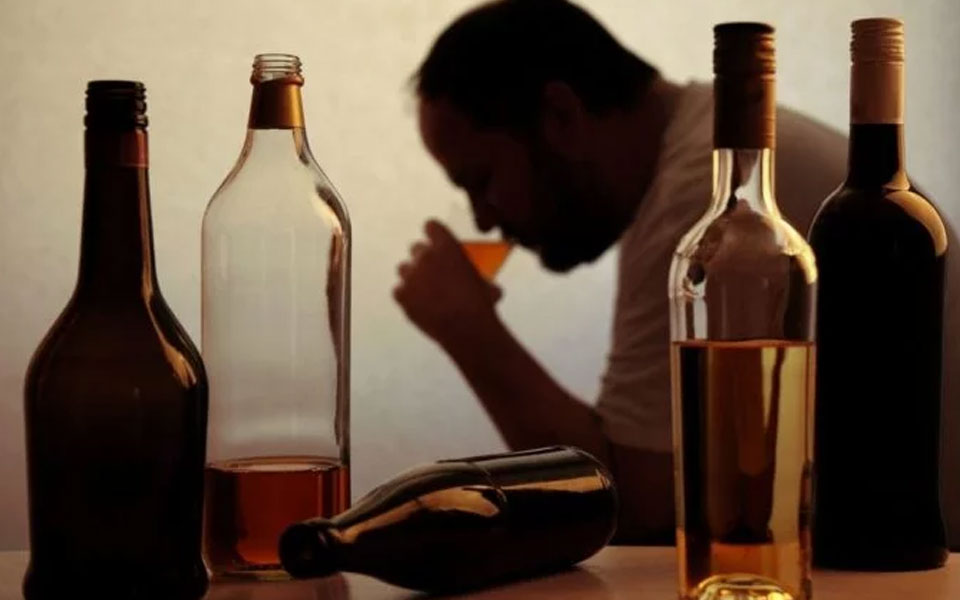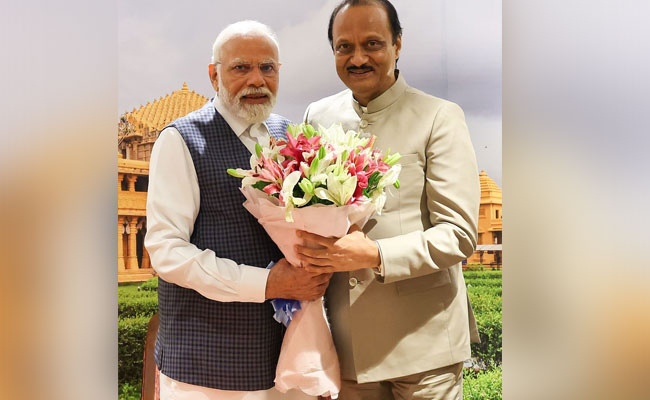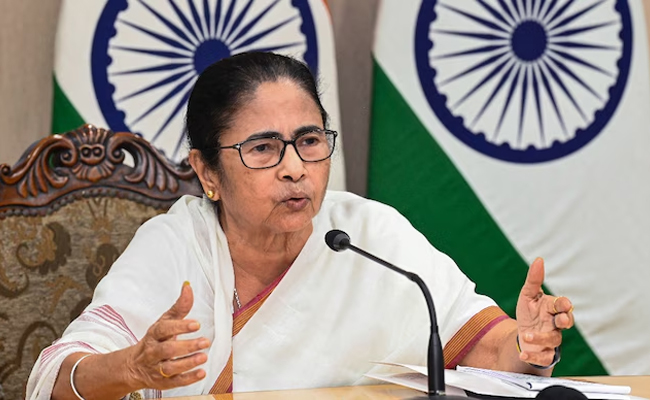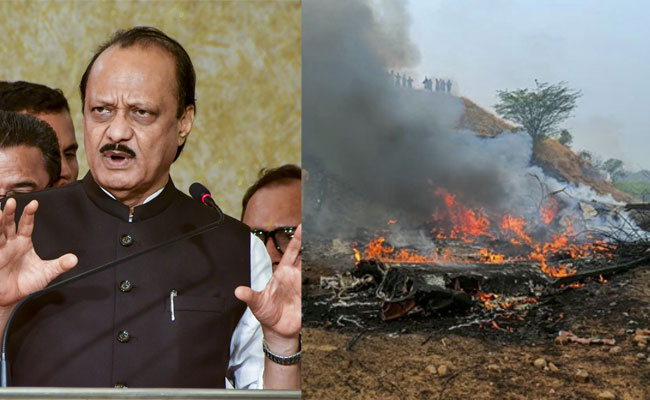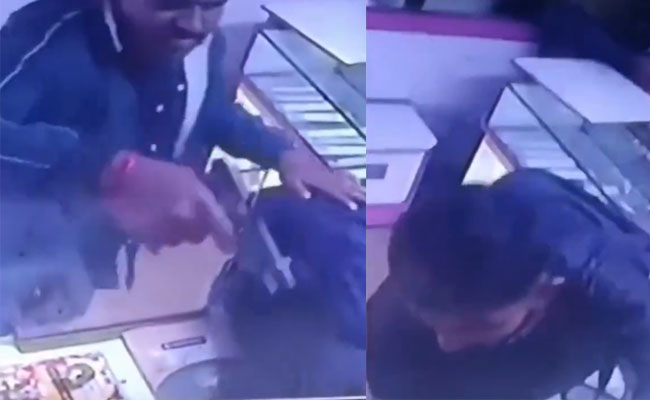The rally taken out by women in Karnataka demanding ban on alcohol has gained national attention. Women covered more than 200 kms in 12 days on foot to press for their demand. Just when people thought movements were a thing of past, thousands of women have laid siege know Vidhana Soudha in the capital. This movement was not born out of some political sponsorship, but out of pain lakhs of women are undergoing everyday at the hands of alcoholic family members. Their challenges, miseries and difficulties brought them to streets. They weren't walking for the politicians. Most of them are daily wage labourers.
They crossed the line their men had strictly drawn for them to assert for their rights. But the way the government responded to this movement is highly disappointing. The CM has said banning alcohol all of a sudden is not possible. By saying “all of a sudden” the CM has tried to escape from his responsibilities. Because the demand for ban on alcohol is not a sudden or a recent one.
CM Kumaraswamy, being the son of soil, isn't a stranger to the problems faced by women in rural areas owing to husbands taking to alcohol. So is it feasible to assume that he isn't willing to ban alcohol? Women bear the worst brunt of men turning to alcohol for their addiction. This menace has contributed generously to farmer suicides too. This is the main contributing factor to increasing crime rates in villages and cities. Alcohol is a problem that comes with multiple complexities. It contributes to poverty, unemployment, lack of education and ruined families when it becomes an excess. To allow alcohol to be supplied generously and hoping to fight poverty, unemployment and illiteracy is like fighting the shadows.
Today we need to treat the disease and the symptoms that lead to it. All politicians have been nurturing alcohol by saying the governments are run with the excise money. Today even the Kumaraswamy government is saying the same thing to further its lies and shut the mouth of women activists. Government does not need excise money but political parties do. Excise companies feed flush funds into political parties. And this is not the situation of one party. BJP, JDS and Congress all of them are run by excise companies. If this foundation is disturbed, it may lead to devastating earthquake within the parties.
The excise department under the government, gives a bit and fleeces more than double. On one hand the government sets high targets to sell liquor. The logic as per the government is that with more tax collection, the funds can be used for more development of the state. But the huge point we are missing is that just as alcohol consumption increases, the society begins to collapse at large. Lakhs of people are losing health owing to alcohol. At the end it is the government that has to compensate for their health needs. And the money govt has to spend on controlling alcohol fuelled criminal activities is not small at all. Usually it so happens that the govt has to spend more than double the amount to compensate for ills caused by alcohol than the earnings that come from it.
On the other hand, let's imagine a situation where liquor ban has been implemented as a policy. People will stop splurging their hard earned money on liquor and save the resources. This will obviously improve their life conditions. The money spent on medical care owing to situations arising out of alcohol addiction can also be saved. A healthy person is an asset to the society. The instances of inebriated men attacking or assaulting women will also come down. Family life will improve in quality. Women and children will escape from illiteracy and malnourishment. With all this, government resources that had to be spent on safeguarding people can be saved. The money spent on creating awareness advertisements against alcohol can be utilised for better purposes. There are allegations that arrack sales will go up if liquor is banned.
A person addicted to alcohol can never give up his addiction so easily. He will look for ways to fulfil his needs. Then the fake liquor racket will begin to raise its ugly hood. Just as the govt bans liquor they also have to create a strategic plan to control arrack sales as well. Tough measures have to be initiated against arrack makers and sellers. Making arrack without the support of police and politicians is not an easy task. On the same lines, to say this government is run by liquor money itself is highly deplorable. There is no difference between granting permission to sex trade and running the government from that money. If the stage has to run on the path to progress, liquor stores have to down their shutters. Women's rally is a beginning in this sense. Let this spread across the lengths and breadth of the country as a massive movement.
Let the Truth be known. If you read VB and like VB, please be a VB Supporter and Help us deliver the Truth to one and all.
New Delhi (PTI): Prime Minister Narendra Modi on Wednesday said the death of Maharasthra deputy chief minister Ajit Pawar in a plane crash was untimely and very shocking.
In a post on X, Modi said Ajit Pawar was a leader of the people with a strong grassroots level connect.
Pawar, 66, and four other persons were killed after an aircraft carrying them crashed near his hometown Baramati in Pune district on Wednesday morning, officials said.
"Shri Ajit Pawar Ji was a leader of the people, having a strong grassroots level connect. He was widely respected as a hardworking personality at the forefront of serving the people of Maharashtra.
"His understanding of administrative matters and passion for empowering the poor and downtrodden were also noteworthy. His untimely demise is very shocking and saddening. Condolences to his family and countless admirers. Om Shanti," Modi said.

